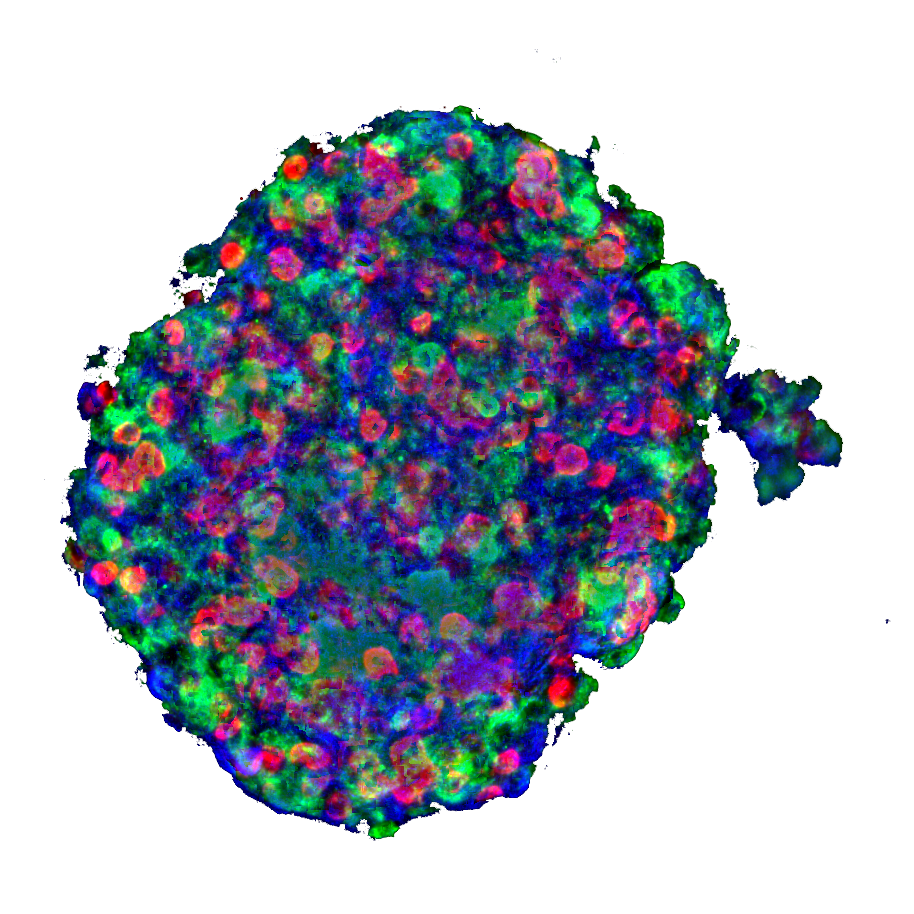

Imagine a world in which it is possible to replace pancreatic islet cells in patients with type 1 diabetes.
Differentiating stem cells into clinically needed cell types has the potential to transform the way we treat a host of diseases. Cell replacement therapy offers the opportunity to turn this vision into a reality.
The key challenges in the field are making the appropriate cells at scale and then having them engraft, function, and persist. Making impactful medicines in this field requires success in all of these components.
Sana scientists have worked over multiple years to better understand key biologic insights and made key insights that are driving this field forward. We believe that successful development of this capability will make cellular therapy products widely accessible.